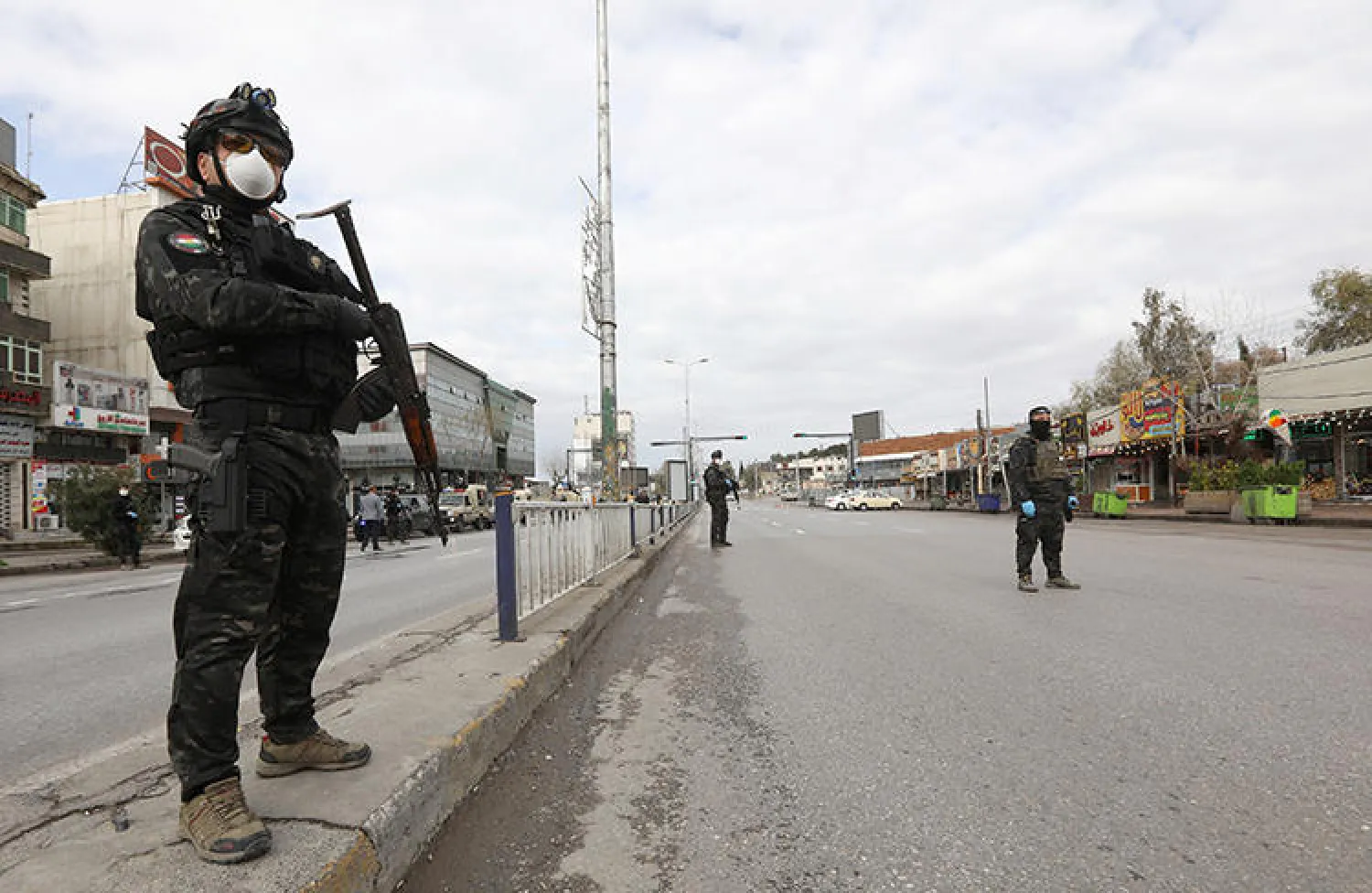The Supreme Committee to confront the coronavirus in Iraq's Kurdistan region convened on Wednesday to assess the overall health situation and the spread of COVID-19 in the area, during which it decided on a set of measures to resume the academic year.
Following the meeting, the spokesman for Kurdistan Regional Government (KRG), Jutyar Adel, held a joint press conference with the education and health ministers.
Adel said that the committee approved a set of new precautions to confront the virus, including the opening of four border crossings in Bashmaq, Parvez Khan, Ibrahim Khalil and Haji Omeran, given that the health measures are followed, and people are tested on arrival. He also indicated that citizens who do not abide by preventive measures and wear masks will be subject to penalties.
For his part, the Minister of Higher Education and Scientific Research, Aram Mohammad, said that e-learning will continue for university students, however he noted that exams will be held on campus.
He stressed that students must adhere to precautionary measures, stressing that the academic year will not be postponed.
Also, the Minister of Education, Alan Saeed, said that the school year will continue as previously announced for the primary and secondary schools. He said that students of grades one, two, and twelve will be attending classes while the rest will study online.
The Ministry of Health said it registered 912 new coronavirus cases on Wednesday, in addition to 20 deaths.
Speaking to Asharq Al-Awsat, Pulmonologist and doctor of internal medicine Dr. Ali Barzanji said that the right measures to prevent and confront the virus are those announced by the World Health Organization (WHO).
He stressed that the validity of these precautions depends on seasonal changes and citizens’ commitment to the measures, adding that full lockdown is the best solution to prevent the spread of the virus.
However, he noted that lockdown can’t be applied for long periods due to economic and social challenges.
"Authorities should rely on the citizens and their commitment to the precautions", according to the expert.
Barzanji warned that an increased number of cases in hospitals and private clinics reveal that there is a second wave of infections, but the official figures are yet to be announced by the Health Ministry.
Meanwhile, Epidemiologist Dr. Khalil Salim said that lockdowns are not a proper solution to confront the second wave of the virus.
Speaking to Asharq Al-Awsat, Salim said being ready for a second wave requires preparing the health teams and facilities to confront the surge in cases.
He noted that lockdowns enforced in many countries at the beginning of the first wave aimed to help authorities prepare their medical teams to confront the outbreak.









